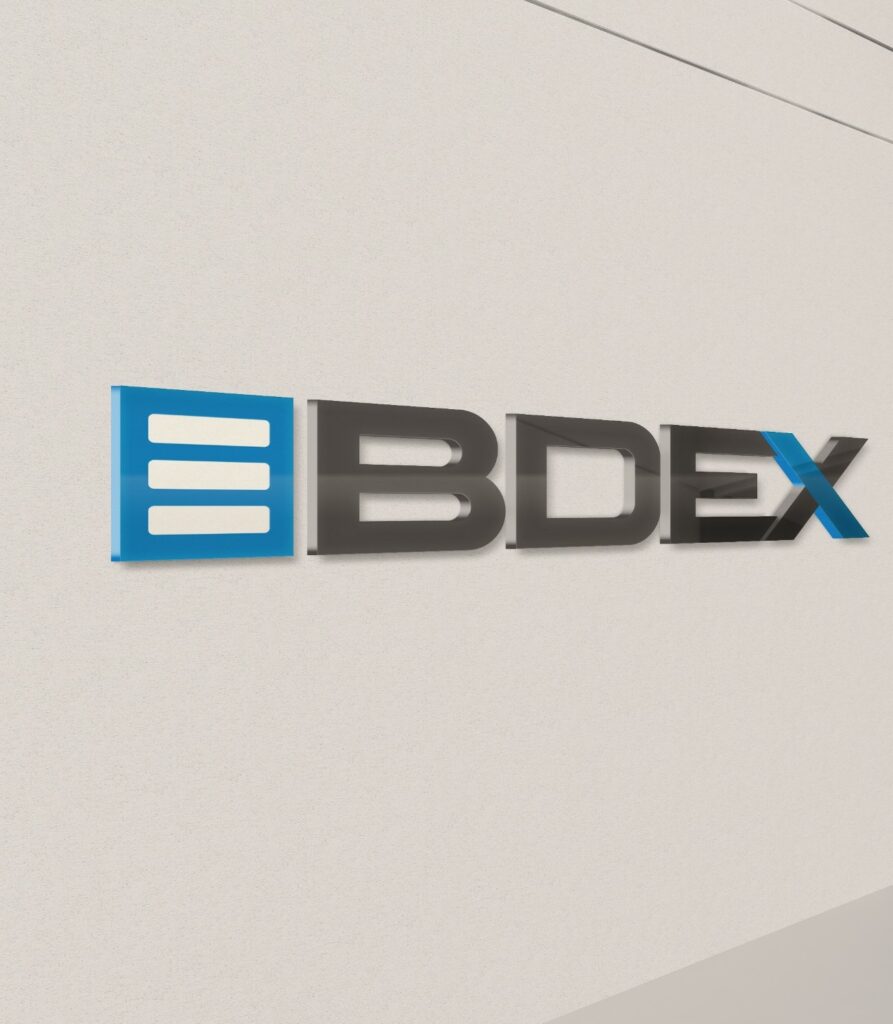There’s so much customer data out there that it’s hard to know what to do with it. Using the right analytics tools will help you sort through big data and use customer information to your advantage
Our modern digital landscape brings so much customer data for marketers to sift through that it’s hard to make sense of it all, much less incorporate it into your marketing strategy to improve conversion rates.
Fortunately, another benefit of our digitally-driven world is the influx of analytics solutions powered by AI and machine learning. According to data from Accenture, AI technologies help boost productivity by 40% and improve overall efficiency for businesses. This means marketers have a big opportunity to not only improve operations but also streamline marketing efforts and generate more conversions.
Using the right data analytics can help you stay updated with real-time data, make predictions about the future, improve campaign ROI, find the right channels for your audience, and connect more personally to your customers. Here are the top data analytics tools for modern marketers that you need to be aware of.
Top 7 analytics tools for marketers
1. Cross-channel attribution: Cross-channel marketing is the management of multiple marketing outlets, including social media, email, mobile, broadcast, digital, organic, and more. Cross-channel attribution is thus recognizing which channels have the biggest and most profitable impact on customers, provide the highest ROI, and work together and function best within the overall marketing strategy.
2. AI and predictive analytics: The use of AI and predictive analytics allows marketers to anticipate what customers will do based on algorithms and data analyzation. These tools provide optimized marketing campaigns, more personalized messaging, and a better understanding of customer behavior.
3. Customer segmentation: Segmenting customers means you can better target groups based on their specific needs and desires. You can focus marketing messages to these segmented groups, increase conversion rates, retain more customers, and increase ROI. Segmenting also helps you understand what drives certain people to make purchases.
4. Campaign ROI: Without analyzing ROI for each and every marketing campaign, it will be challenging to measure how successful marketing efforts really are. Measuring the impact of each campaign means analyzing profit and revenue growth while being able to attribute those metrics to each marketing strategy or campaign. This helps you plan for the future while understanding the best ways to reach your audience.
5. Competitive analysis: To stay relevant to customers, you have to be aware of what your competition is up to. A competitive analysis helps you identify your biggest rivals, understand the strengths and weaknesses of your competitors, and update your own marketing strategy. You can better home in on what makes you unique while incorporating techniques that work well for competitors.
6. Identity resolution: Identity resolution helps you match customers across multiple devices to gain insight into their behavior and reach them on any device when they’re showing signs that they’re ready to make a purchase. Match identifying information like names and email addresses to devices and better understand whom you’re talking to.
7. Behavioral analytics: To understand your customers and better reach and connect with them, integrating behavioral analytics is a must. These analytics provide data about how your customers behave when shopping and researching online using tools like surveys, funnel tracking, website clicks, heat maps, and more. These insights help you send the right message at the right time.
Using a data platform
To improve your data analytics, make sure you’re using a data platform that gives you real-time, accurate data about your customers. The BDEX Data Exchange Platform (DXP) is the largest platform for data in the country, with more than 6 billion unique customer IDs, over 5,500 data categories, 800 million mobile ID-to-email matches, and over 1 trillion data signals.
Our data solutions include the Data as a Service offering, Omnisource IQ, and the BDEX Identity Graph. These tools connect you with your customers at the right moment based on identifying information, device, and behavioral data.
With more user data than any other platform, BDEX provides the most up-to-date data that’s complete and always high quality. These data solutions help you view your customers as more than just data signals, but as real people who are looking for connections.
To learn more about how BDEX data solutions can help you make sense of customer data, contact us today.



